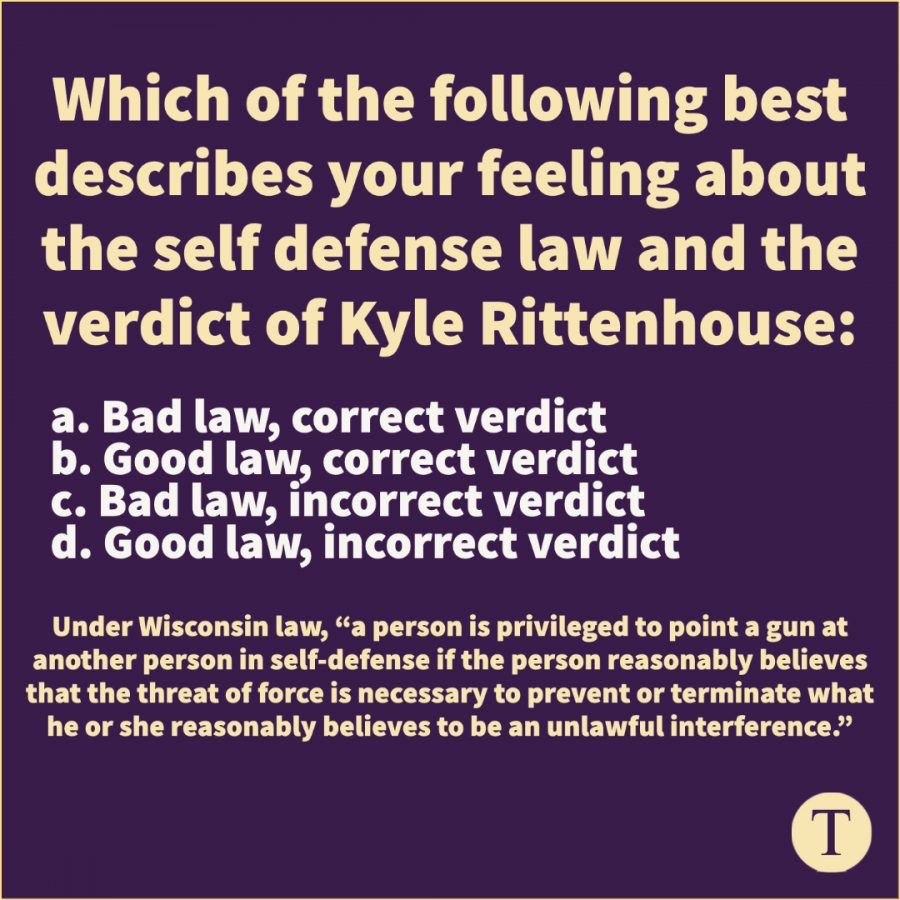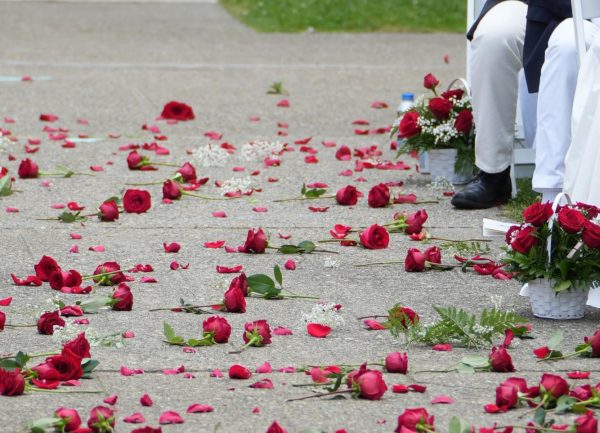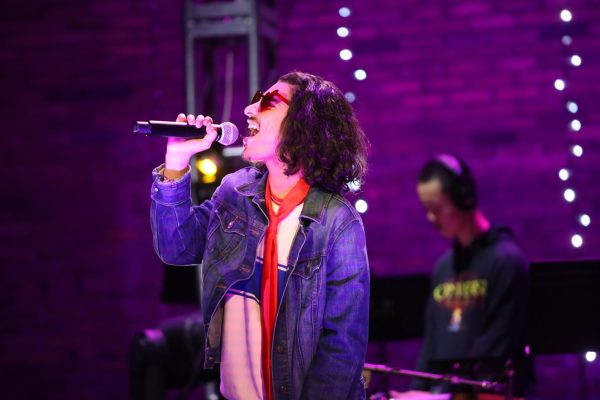Students react to self-defense law and verdict of Kyle Rittenhouse
Graphic designed by Hanna Schiciano
Tower sent-out an Instagram survey on Nov. 20 asking: “Which of the following best describes your feelings about the self-defense law and the verdict of Kyle Rittenhouse.” The results were as follows: a) bad law, correct verdict (7); b) good law, correct verdict (5); c) bad law, incorrect verdict (16); d) good law, incorrect verdict (6).
December 16, 2021
Masters students shared their beliefs regarding the Wisconsin self-defense law and if it was properly applied to the verdict of Kyle Rittenhouse. The 17-year-old shot and killed two people and injured a third during a Black Lives Matter protest on Aug. 25, 2021 in Kenosha, Wis., and was found not guilty on all five counts.
Rittenhouse testified that he fired in self-defense after the three men attacked him. Under Wisconsin law, “a person is privileged to point a gun at another person in self-defense if the person reasonably believes that the threat of force is necessary to prevent or terminate what he or she reasonably believes to be an unlawful interference.”
Tower sent-out an Instagram survey on Nov. 20 asking: “Which of the following best describes your feeling about the self-defense law and the verdict of Kyle Rittenhouse.” The results were as follows: a) bad law, correct verdict (7); b) good law, correct verdict (5); c) bad law, incorrect verdict (16); d) good law, incorrect verdict (6).
Caio Lanes ’21 (responded A: bad law, correct verdict), Ryan Israel ’22 (responded B: good law, correct verdict), Amber Lincoln ’24 (responded C: bad law, incorrect verdict), and Keira Burgos (responded D: good law, incorrect verdict) all weighed-in on the issue.
Lanes and Israel both agreed that Rittenhouse acted reasonably in self-defense. They said that the actions displayed by Joseph Rosenbaum, Anthony Huber, Gage Grosskreutz, and the unknown man were “hostile enough” to cause Rittenhouse to fire his rifle in self-defense.
Burgos disagrees: ““I don’t think that they [Rosenbaum, Huber, Grosskreutz, unknown man] were directly attacking Kyle. They were not shooting and were trying to disarm him. I also don’t think that the [Huber’s] skateboard would have killed Kyle and there was no reason to shoot four times [at Rosenbaum],” she said.
In terms of the self-defense law, Lincoln said that the law is “not specific enough” and people will “interpret it in different ways.” On the other hand, Burgos said, “If you feel like you need to protect yourself, then I think that it should be your right to do so.”
Lanes said that he does not necessarily disagree with the self-defense law, but rather the legality of the open carry. Under Wisconsin law, “minors can carry guns with barrels longer than 16 inches.” He said that there should be conditions or limitations added to the open carry law, for example, “in places where tensions are inherently heightened, like protests.” While Lanes expressed his frustration with the current law, he believes that the verdict completely follows the law as it stands.


























